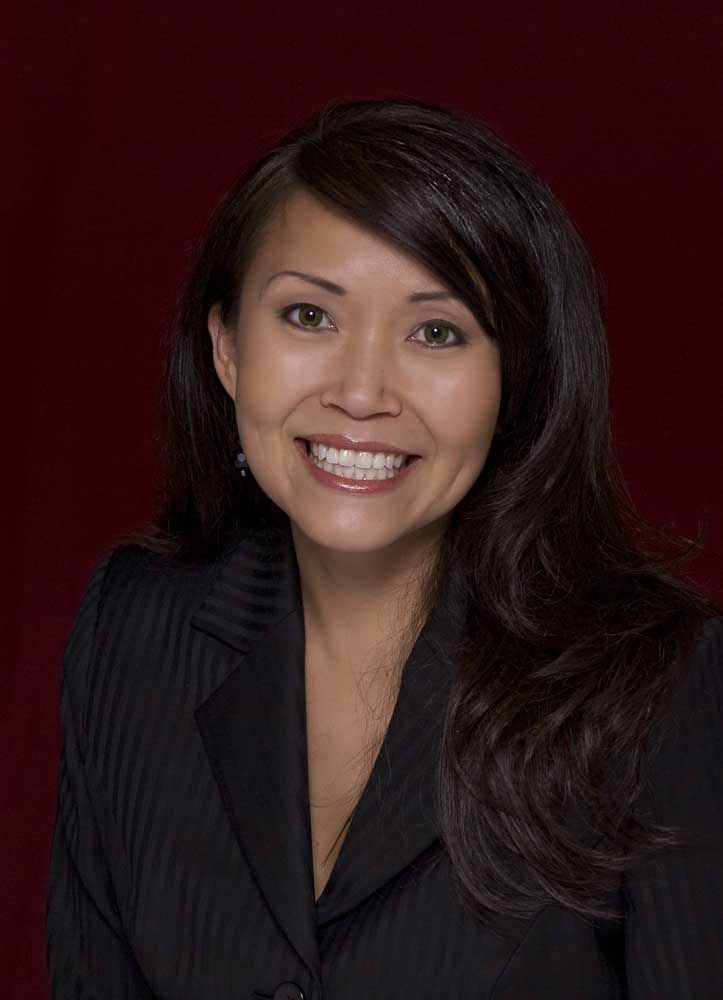Avoid travel scams on your summer vacation
Published 9:00 am Saturday, May 25, 2019

- Mechele Agbayani Mills
The end of the school year marks the beginning of the busy summer travel season, and whether you’re planning a road trip with family or an exotic getaway, a little planning will go a long way toward making your trip a safe one. The Better Business Bureau monitors more than 4,000 industries, and the travel industry consistently ranks near or in the top 25 for number of complaints.
Before booking travel plans, it’s important to do your research. Remember to check with the BBB for trustworthy advice on dependable businesses to keep from getting burned this summer.
The BBB offers the following advice for when you make travel plans:
• Do your homework. Don’t be fooled by professional looking websites or emails. Frequent use of words such as “complimentary” and “free” in advertisements often mean that there are strings attached. Check out the company’s track record and consumer reviews at bbb.org.
• Ask detailed questions, and get it in writing. Get names of airlines, hotels, car rental companies and travel providers. Verify arrangements. Request all details of the trip in writing, including total cost, restrictions where applicable, cancellation penalties and exact names of the airlines and hotels included in the packet.
• Pay with a credit card, but avoid deals that require you to book 60 days in advance. Credit card companies may allow consumers to dispute a charge within 60 days of purchase.
• Avoid a travel club flub. Ask questions before joining a travel club. Sometimes, a “free trial” membership can result in unauthorized charges on your credit card. Find out what you’ll get for your money and how you can cancel.
Be on the alert for some of the telltale signs of a travel scam:
• “Front desk” credit card confusion. Someone claiming to be from the front desk calls your hotel room in the middle of the night to confirm your credit card information. Once you have provided them with this information, it’s likely you have become a victim of identity theft. Instead, hang up and call the front desk to confirm whether they actually called your room.
• Fake taxi cabs. Scam artists have been known to pose as taxi cab drivers. Instead, they take off with your luggage or take unsuspecting tourists to a deserted area to rob and/or assault them. Never accept a ride from someone who is not in a metered taxi cab with a company name and a car number marked on the outside of the cab. Driver information should also be displayed on or near the dashboard.
• Fake hotel representatives. Be wary of official looking hotel “representatives” who approach you with great rates on luxury hotel rooms. Once you arrive at the hotel, the rooms that were offered at the discounted rates are no longer available, and you are either forced to pay a much higher rate or go through the trouble of finding another hotel. Your best bet is to make your reservations in advance, but if for some reason you are unable to do so, go to bbb.org to find a reputable place to stay.
For more tips on being a savvy consumer, go to www.bbb.org. To report fraudulent activity or unscrupulous business practices, call the BBB Hotline, 903-581-8373, or use BBB ScamTracker.






